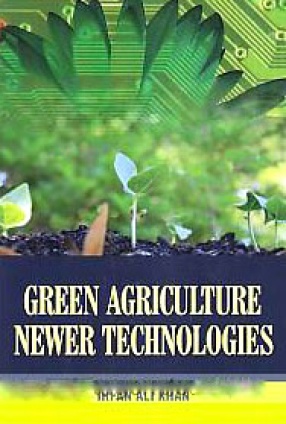
Irfan Ali Khan

49 books

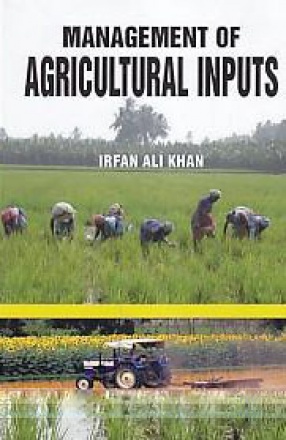
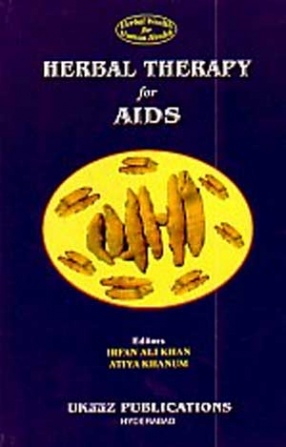
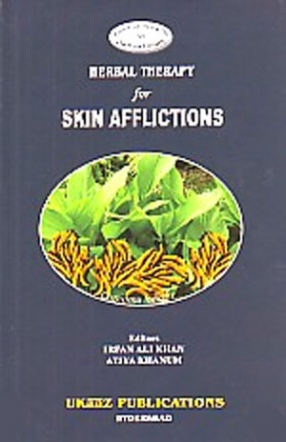
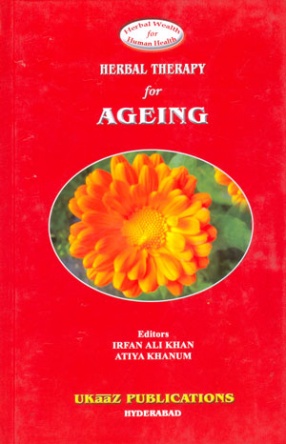
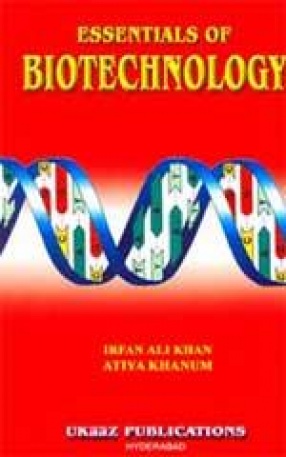
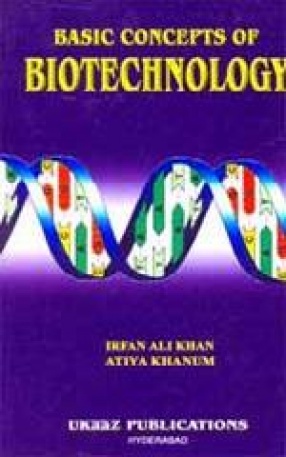

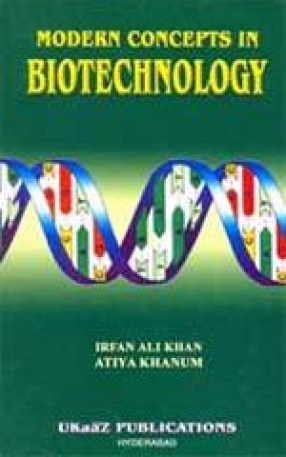

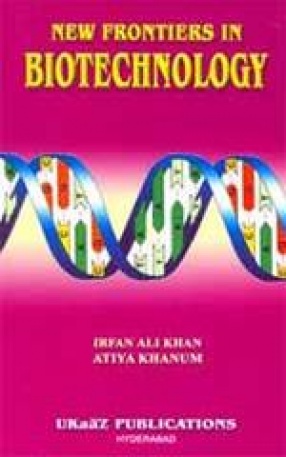
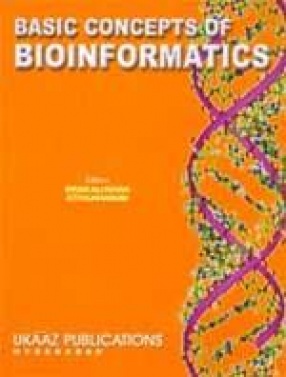
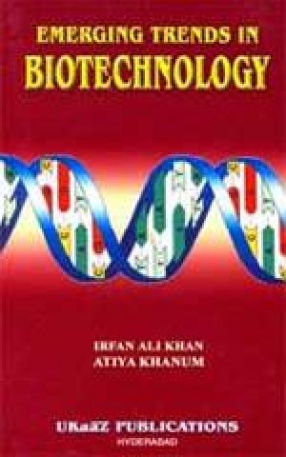

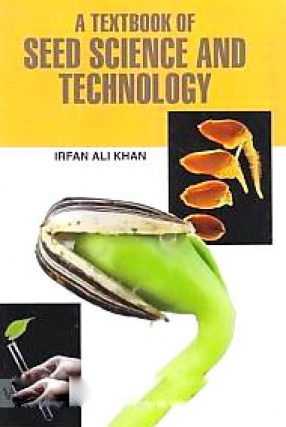


Compiled in this edited volume are a total of 8 review articles authored by eminent scientists, researchers, and medical professionals from all over India. Together, these pieces provide the reader a host of information related to the causes, symptoms and diagnosis of AIDS alongwith an overview of recent advances in its prevention, control and cure through alternative medical systems such as Ayurveda, Accupuncture, Siddha, Unani, Homeopathy and others. The ...

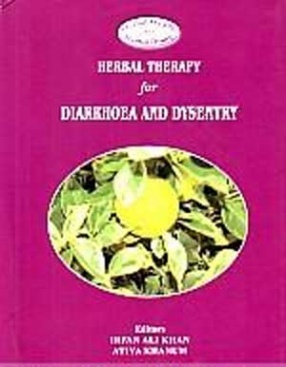

Probably since time immemorial, the prevailing notion about ageing has been that it is an “inevitable consequence of time”. The longer you stick around on earth, the more the body decayed, Quite remarkably, both poets and scientists rely colorful literary tropes. Poets speak about time digging furrows into tender brows, and scientists proclaim the idea about the biological clock of ageing. Whatever the case may be, it is not a major leap in ...
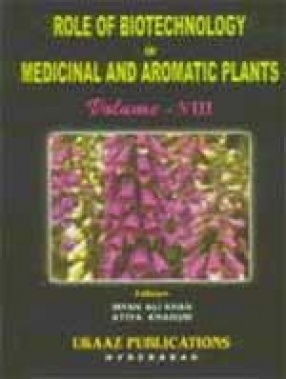
The plant kingdom has provided man with his therapeutic needs over many millennia. Indeed the vegetal kingdom has been the therapeutic arsenal of all the documented traditional systems of medicine which made possible the modern discipline of ethnomedicine, i.e., those beliefs and practices relating to diseases which are products of indigenous cultural development and are not explicitly derived from the conceptual frame work of modern medicine. The World Health ...
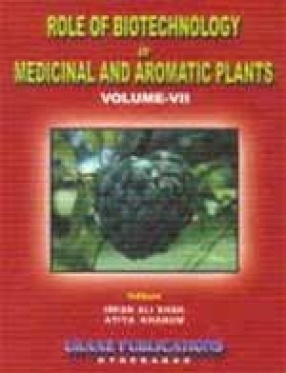
Every year millions of people in developing world die owing to infectious diseases which can be prevented. To our rescue, medicinal and aromatic plants have provided a rich storehouse of traditional medicine to cure all ailments of mankind. Such medicines are widely used as therapeutic agents for different ailments such as hypertension, mental illness, cancer, malaria, diabetes, rheumatism and skin disorders. Sensing the importance and antidisease properties of ...
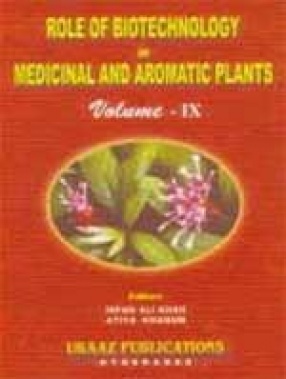
The hills and oceans of India contain a variety of medicinal plants which have been used traditionally for treatment of various diseases. Most of these plants are known to the local tribes and remains scientifically unexplored. Medicinal uses of quite a number of plants have been mentioned in Vedas, Puranas and Susruta. From time immemorial, human beings have learned about plants/herbs for curative treatment of diseases. Sensing the importance and antidisease ...
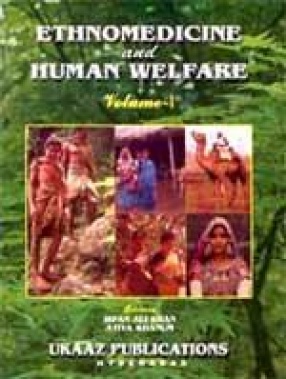
Man's interest in plants in mainly for food and medicines. The history of herbal medicine is as old as human civilization. In the past, almost all the medicines were used from the plants, the plant being man's only chemist for ages. Drugs are chemical substances, which by interacting with biological systems change their behaviour, which is used for the purpose of diagnosis, prevention, relief or cure of a disease in man or animals. Since his existence on this ...
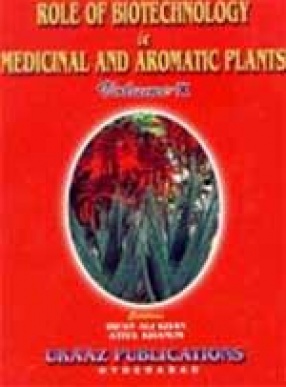
Indian has one of the oldest, richest and most diverse cultural traditions associated with the use of medicinal plants. We also have a vast and inexhaustible resource of drugs of plant origin as nature has provided us with a rich storehouse of herbal remedies to cure all mankind's ailments. Some of them are widely cultivated and others are found in plenty. Medicinal plants have their values in various chemical compounds available in various parts such as leaves, ...
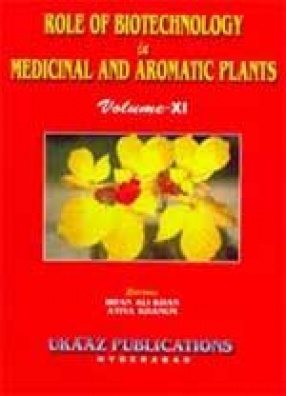
Medicine, in several developing countries, using local traditions and beliefs, is still the mainstay of health care. Medicinal plants, since times immemorial, have been used in virtually all cultures as a source of medicine. The widespread use of herbal remedies and health care preparations, as those described in ancient texts such as the Vedas and the Bible, and obtained from commonly used traditional herbs and medicinal plants, has been traced to the occurrence ...
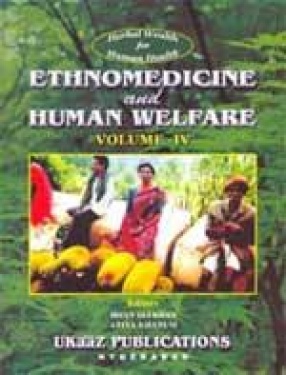
Plants are nature’s remedies and have been used on the earth for food and medicine since ancient times and Indian herbs have gathered a fan following world over, because of their of their simple healing powers. There is a herb for very human affliction. Herbal tradition have been passed down and refined with scientific understanding, providing information to assist in health maintenance. Today the global movement towards a more natural life style has brought ...

Science has changed the life of people across the globe and Indian is no exception. With increasing relevances and applicability of genetics to human affairs, it is within the realm of possibility that genetics will become the most important of applied sciences. However, biotechnology has affected all the major domains of human activity and welfare ranging from agriculture to medicine and environment. It has developed into an important force in the creation of ...

Science has changed the life of people across the globe and Indian is no exception. With increasing relevances and applicability of genetics to human affairs, it is within the realm of possibility that genetics will become the most important of applied sciences. However, biotechnology has affected all the major domains of human activity and welfare ranging from agriculture to medicine and environment. It has developed into an important force in the creation of ...

Science has changed the life of people across the globe and Indian is no exception. With increasing relevances and applicability of genetics to human affairs, it is within the realm of possibility that genetics will become the most important of applied sciences. However, biotechnology has affected all the major domains of human activity and welfare ranging from agriculture to medicine and environment. It has developed into an important force in the creation of ...

Science has changed the life of people across the globe and Indian is no exception. With increasing relevances and applicability of genetics to human affairs, it is within the realm of possibility that genetics will become the most important of applied sciences. However, biotechnology has affected all the major domains of human activity and welfare ranging from agriculture to medicine and environment. It has developed into an important force in the creation of ...

Leafy vegetables are among the most universally used vegetable crops grown today. Their prominence as important crops has been lightened through the last several decades due to an awareness on the part of consumers of the nutrient, and other obvious values they offer to the diet as “fresh greens†which, at least in India have become a daily table stable. As a result, acreage planted to leafy salad vegetable crops has expanded to a remarkable degree over the ...

Science has changed the life of people across the globe and Indian is no exception. With increasing relevances and applicability of genetics to human affairs, it is within the realm of possibility that genetics will become the most important of applied sciences. However, biotechnology has affected all the major domains of human activity and welfare ranging from agriculture to medicine and environment. It has developed into an important force in the creation of ...

Bioinformatics is a computer based discipline which deals with the acquisition, storage, management, access and processing of data of molecular biosciences, and started with the networking of computers and accumulation of data on genes and proteins in biotechnology. It has achieved significant role with the availability of new DNA sequencing protocols and the presence of high memory desktop computers that help in storing and analyzing the data sequences. Today, ...

Science has changed the life style of people across the globe and India is no exception. With increasing relevances and applicability of genetics to human affairs, it is within the realm of possibility that genetics will become the most important of applied sciences. However, biotechnology has affected all the major domains of human activity and welfare ranging from agriculture to medicine and environment. It has developed into an important force in the creation ...

From time immemorial, diseases have been a part of human life and they sometimes have threatened the existence of human race on the face of the earth. Consequently, man has invented a host of devises through a trial and error method to control the vagaries of various diseases. IT is realized that the traditional knowledge base system is gradually sparkling as a source of knowledge base for scientific endeavour to study and to make sustainable use of ...
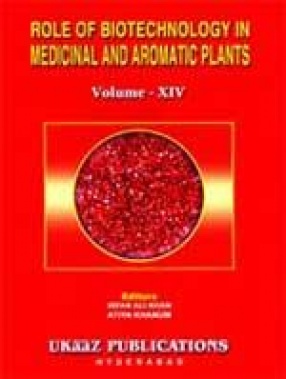
Plants are nature’s remedies and have been used on the earth for food and medicine since ancient times and Indian herbs have gathered a fan following world over, because of their simple healing powers. There is a herb for every human affliction. Herbal traditions have been passed down and refined with scientific understanding, providing information to assist in health maintenance. Today the global movement towards a more natural life style has ...
